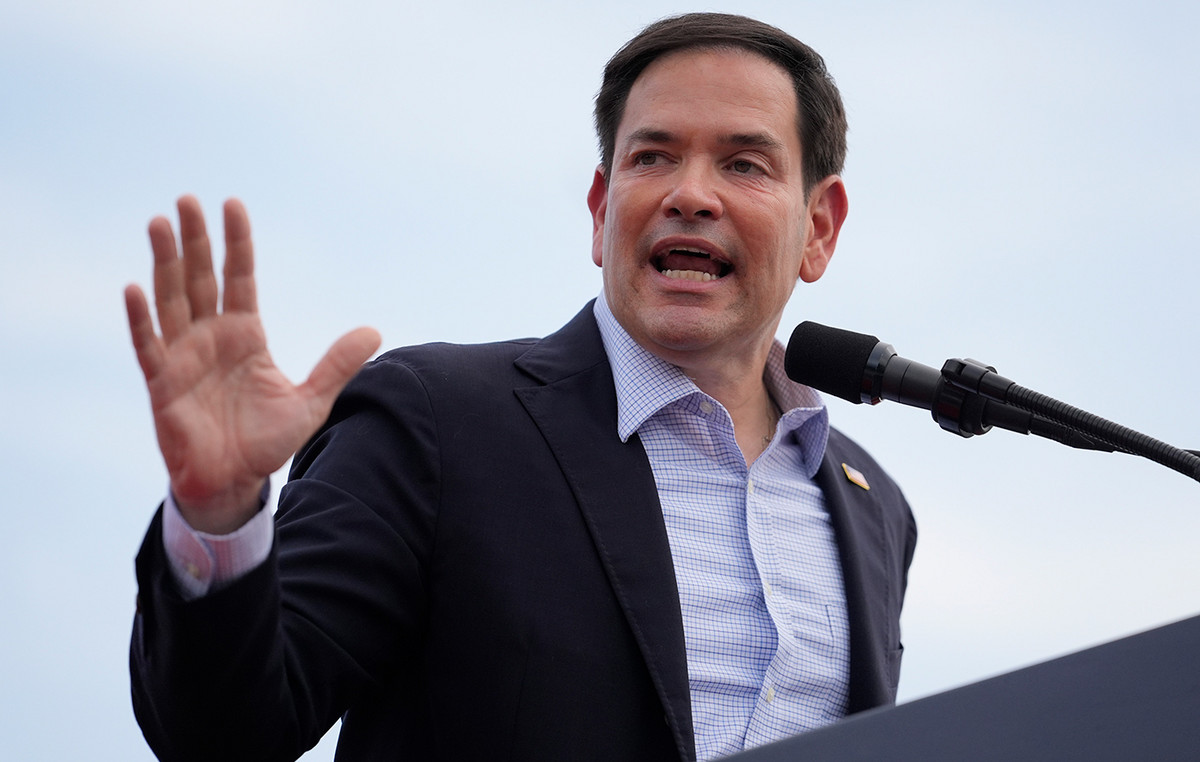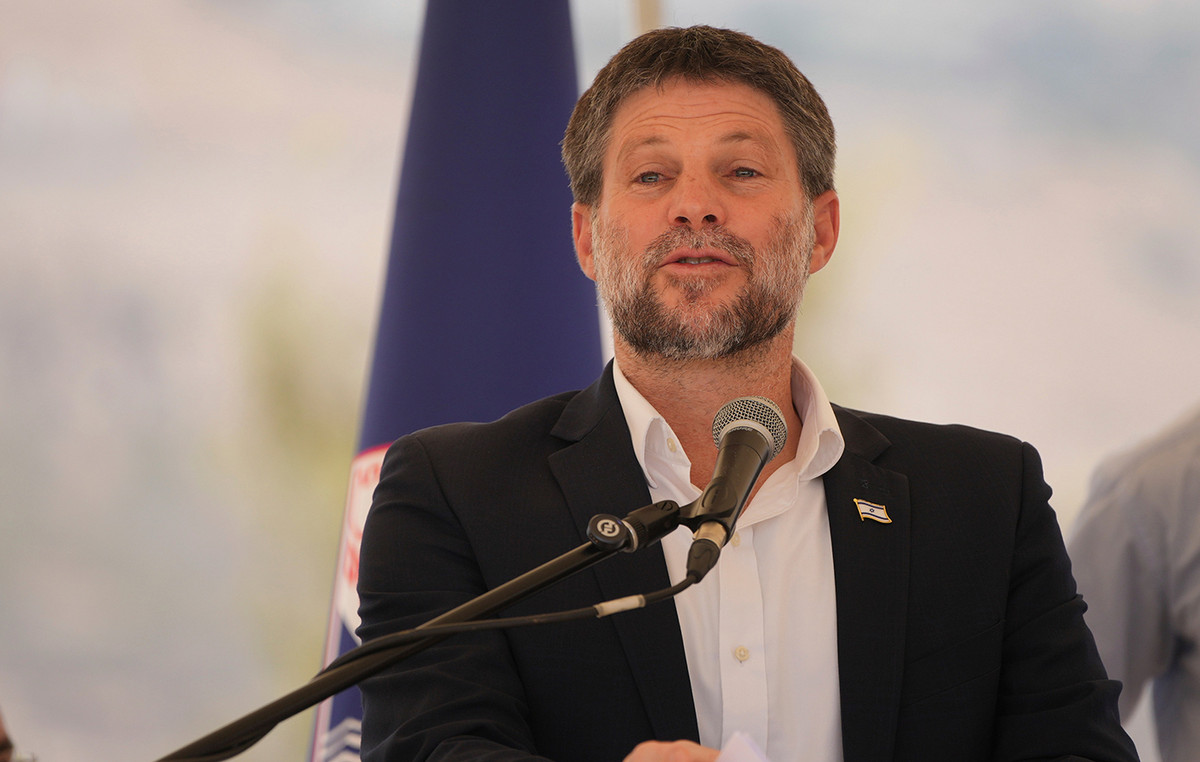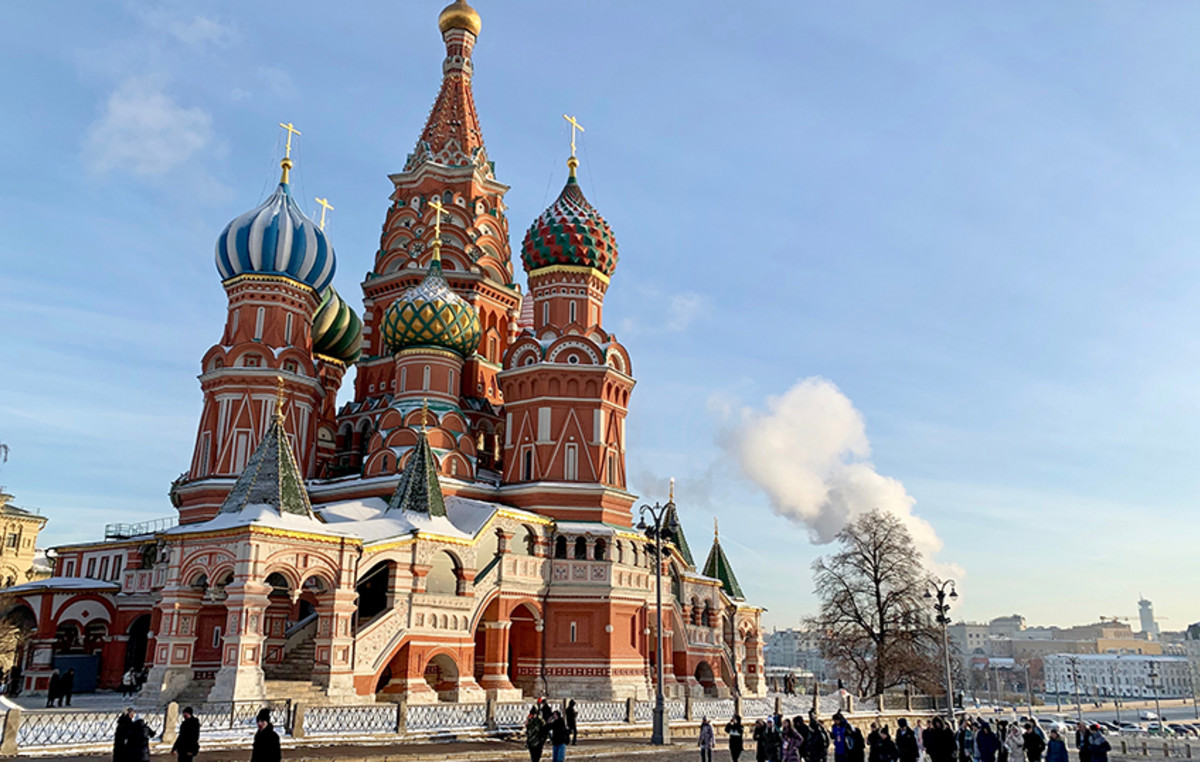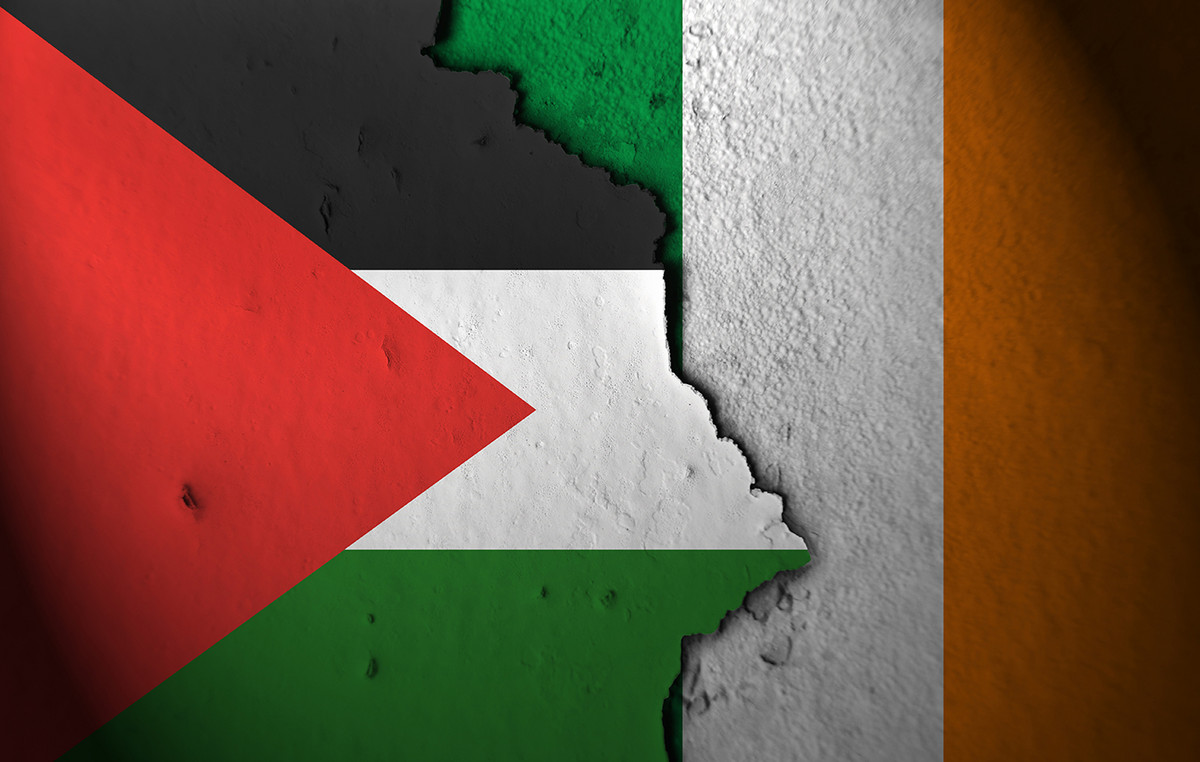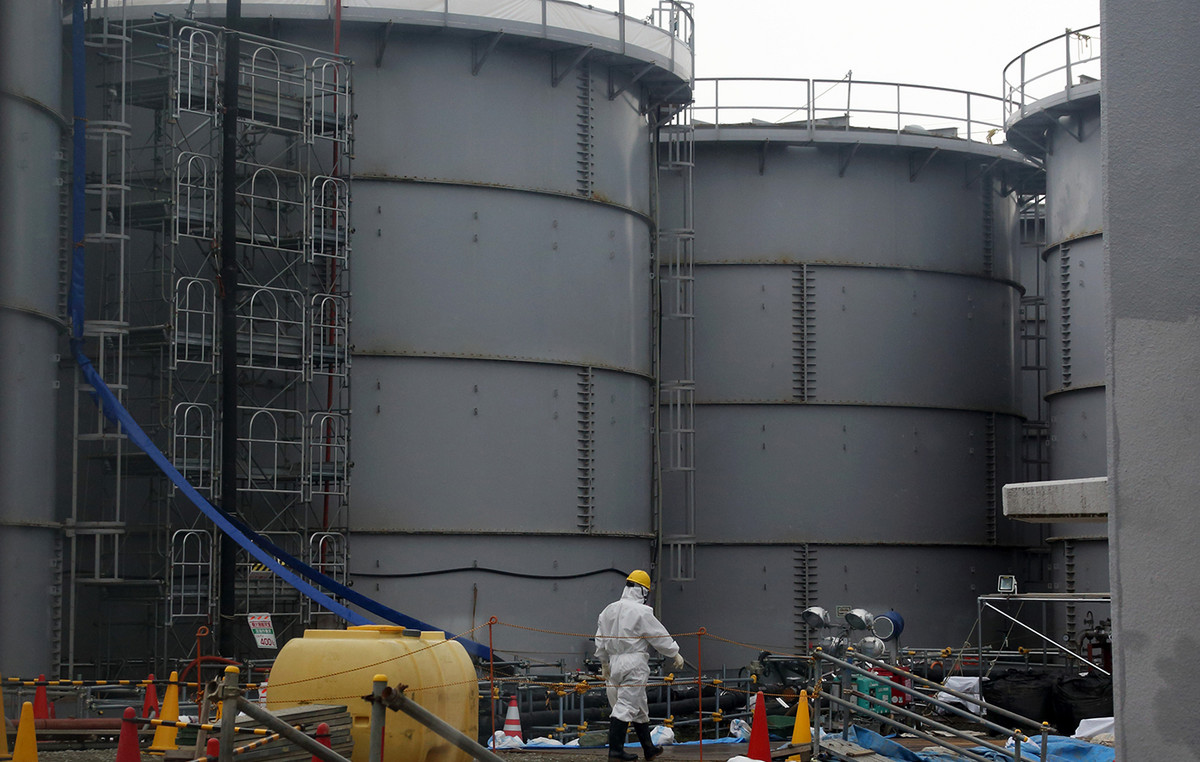The first round of elections in Argentina takes place this Sunday (22), with five candidates competing for the Casa Rosada: Sergio Massa (Unión por la Patria), Javier Milei (La Libertad Avanza), Patricia Bullrich (Juntos por el Cambio), Juan Schiaretti (Hacemos por Nuestro País) and Myriam Bregman (Frente de Izquierda).
If no candidate reaches the necessary majority, that is, 45% of the votes or 40% and a difference of 10 percentage points in relation to the other candidates, a second round is called, which is scheduled for November 19th.
In addition to candidates for the Presidency, most of the seats in the Chambers of Deputies and Senators will also be renewed. There is also voting to elect governors in 21 of the 23 provinces, as well as the head of government of the Autonomous City of Buenos Aires.
Voting is mandatory for people over the age of 18 up to the age of 70. But, from the age of 16 and after the age of 70, it is possible to choose whether to vote or not.
How were the primaries?
In Argentina, there are primary elections, which define the candidates who will compete in the general elections — that is, who will compete for the Presidency and other legislative positions.
Coalitions must obtain at least 1.5% of valid votes to advance.
The anarcho-capitalist Milei was the big surprise of the election. He was the only candidate in his coalition and achieved 29.8% of the vote.
Later came Juntos por el Cambio, with 28% — divided between Bullrich (16.81%) and Horacio Rodríguez Larreta (11.19%).
Unión por la Patria received 27.3% of the votes. It included Massa (21.43%) and Juan Grabois (5.85%).
Schiaretti got 3.7% of the vote and Bregman, 2.6%.
Abstention
At the time, 69% of registered voters participated, according to the National Electoral Chamber of Argentina.
The number was almost 7% lower compared to the last presidential primary elections, held in 2019, in which there was 76.4% participation.
Even if the voter has not justified their absence in the primaries, there is no impediment to participating in the first round.
A CNN AtlasIntel CEO Andrei Roman says he believes there will be greater participation now, mainly due to the impression left by Milei’s initial vote.
“A large part of the voters who did not vote will in fact support the left, precisely because of this method that the Milei phenomenon has been awakening. So, abstention will probably fall and this tends to benefit the left vote”, observes Roman.
But, for Victor Missiato, political analyst and professor at Colégio Presbiteriano Mackenzie (CPM) in Alphaville, the turnout of Argentines is still very uncertain.
“The phenomenon of Javier Milei is something new in the Argentine political scene with the proportion he won. So, although surveys all the time demonstrate one side or the other, following the heat of this moment, not even the research prior to the previews was able to identify this huge phenomenon of Milei”, explains Missiato.
“Therefore, I would say that it is extremely inaccurate to characterize a greater demand from the Argentine left to combat Milei electorally. It is possible to see that the change in the last electoral survey indicates that this is a probability, as there is a change in voting intentions in favor of Sergio Massa”, he continues.
What the latest research says
In the AtlasIntel survey released on October 13, Massa appears ahead in voting intentions in the first round, with 30.9%. Milei has 26.5% and Bullrich, 24.4.
Schiaretti reaches 10% and Bregman has 3.2%.
The survey interviewed 5,702 people over the age of 16 via digital means and randomly between October 10th and 13th. The confidence level is 95%, with. The margin of error is plus or minus one percentage point.
See the comparison with previous searches (click on the desired date):
Who are the candidates
Sergio Massa

Argentina’s current Economy Minister, Sergio Massa, 51 years old, had the support of President Alberto Fernández and Vice President Cristina Kirchner to run for President in this year’s election.
The lawyer was born in San Martín, in the province of Buenos Aires, on April 28, 1972, coming from an Italian family, who arrived in the country in the period after the Second World War.
As a teenager, during high school, he began to join the Unión del Centro Demático party. In 1994, he interrupted his law studies at the University of Belgrano, which he only completed during the 2013 election campaign, in which he was elected deputy.
In 1999, he was elected provincial deputy. He then held other positions in the Executive and Legislative branches. Between 2002 and 2007, he headed the National Social Security Administration (Anses), responsible for one of the government’s most important budgets.
In 2007, he was elected mayor of Tigre, a city in the province of Buenos Aires. Massa remained in this position until 2013, with a period of leave to serve as Chief of Staff during the Presidency of Cristina Kirchner, between 2008 and 2009, succeeding current President Alberto Fernández.
The politician broke with Kirchnerism in 2013, and began a period in which he positioned himself as a strong opponent of this political force.
In 2019, after a reconciliation, he returned to Peronism as a federal deputy for the province of Buenos Aires and held the presidency of the Chamber of Deputies.
Javier Milei

Born in the Palermo neighborhood, in Buenos Aires, on October 22, 1970, Milei had a childhood marked by controversial moments in his family, which he himself recognized in a program on the Argentine channel “Telefé”.
Although the relationship with her parents was not good, Milei found support in her sister.
The economist recognizes that Karina Milei is the person who knows him best and is “the great architect” of his political events. Milei told different media outlets that if she becomes president, she will play the role of first lady.
In the 1980s, Milei tried to be a goalkeeper in the youth teams of the Argentine football club Chacarita Juniors. “I’m not a Chacarita fan, but I became part of the professional team in 1989”, confessed the economist in an interview with “Urbana Play FM” radio, in Buenos Aires.
From 2018 onwards, Milei’s rise appeared in the main Argentine media, with the dissemination of his “liberal libertarian” speech, as he usually calls it.
The big leap in his political career came in 2020, when he announced his candidacy for President in the 2023 elections.
This step paved the way for his coalition, La Libertad Avanza, to win two seats in the Chamber of Deputies the following year, occupied by him and his vice-presidential candidate, Victoria Villarruel.
His main campaign proposals are the dollarization of the Argentine economy in stages, the reduction of state spending and the privatization of public companies.
On the labor front, he proposes the end of severance pay to reduce labor costs, but two of the proposals that have generated the most controversy are in the security sphere: the deregulation of gun ownership and the militarization of prisons.
VIDEO – Analysis: The uncertainties surrounding the Argentine election
Patricia Bullrich

Patricia Bullrich was born on June 11, 1956, in Buenos Aires, into a traditional Argentinian aristocratic family, the Luro Pueyrredón, and broke with the radical political position of her lineage as a teenager.
Daughter of Alejandro Bullrich and Julieta Luro Pueyrredón, she has emblematic ancestors such as Juan Martín de Pueyrredón, director of the Río de la Plata provinces, and Honorio Pueyrredón, minister in the government of Hipólito Yrigoyen, Argentine president twice, between 1916-1922 and 1928-1930.
In her political career, she was deputy for the city of Buenos Aires, minister of Labor, minister of Social Security and, finally, minister of Security, in the government of Mauricio Macri.
Based on the concept of “order”, Bullrich promises to eliminate in the shortest possible time the exchange rate that prevents the free purchase and sale of dollars, and to establish a single exchange rate. She claims that the formula for achieving this is to obtain “a dollar amount internationally”.
Bullrich claims it is the only way to attract investment to boost the economy. However, this exchange rate unification would imply a significant devaluation, say experts on the subject.
Likewise, the candidate promises that she will eliminate withholding taxes on exports to alleviate the tax burden on the foreign exchange sector, which currently represents a significant portion of the State’s tax revenue.
Regarding inflation, the former Minister of Security thinks that it is necessary to “adjust the State to make the citizens maladjusted”, in her own words. And she emphasizes that it is necessary to dynamite the economic regime of the last 20 years, recreate fiscal solvency and recover credibility.
Regardless of who wins the elections, experts are sure that the next president will receive a country with high inflation, reserve problems, an economy that will probably fall after two years of growth and a delicate social situation, with growing poverty.
Juan Schiaretti

Juan Schiaretti is the candidate for President of Hacemos por Nuestro País, a political coalition that unites non-Kirchnerist Peronism, the Socialist Party, the Christian Democratic Party, the Autonomist Party, among others.
A public accountant and second lieutenant in the Army, Schiaretti is a member of the Justicialist Party. In 1975, with the National Reorganization Process – as the Argentine military dictatorship is called –, he was forced to move to Brazil. He lived in Belo Horizonte.
Schiaretti is currently serving his third term as governor of Córdoba.
Before that, he was Secretary of Industry and Commerce of the Argentine Nation under President Carlos Menem, between 1991 and 1993. Still under Menem’s command, he was appointed federal controller of the province of Santiago del Estero.
In 1999, he was Minister of Production and Finance for the province of Córdoba. In 2003, he was elected vice-governor to José Manuel de la Sota. In 2007, he was elected governor of Córdoba for the first time – a position he would occupy again in 2015 and 2019.
Among his administrations, he was elected national deputy in 2013.
Myriam Bregman

Myrian Bregman is the candidate of the Frente de Izquierda y de Trabajadores – Unidad, a coalition formed by parties that claim Trotskyism and defend a pole of class independence.
Bregman is a lawyer and activist. She was nominated for national deputy in 2009 and Head of Buenos Aires City Government in 2011. In 2015, she was elected national deputy in the electoral section.
Analysis: The uncertainties surrounding the Argentine election
Source: CNN Brasil
Bruce Belcher is a seasoned author with over 5 years of experience in world news. He writes for online news websites and provides in-depth analysis on the world stock market. Bruce is known for his insightful perspectives and commitment to keeping the public informed.

